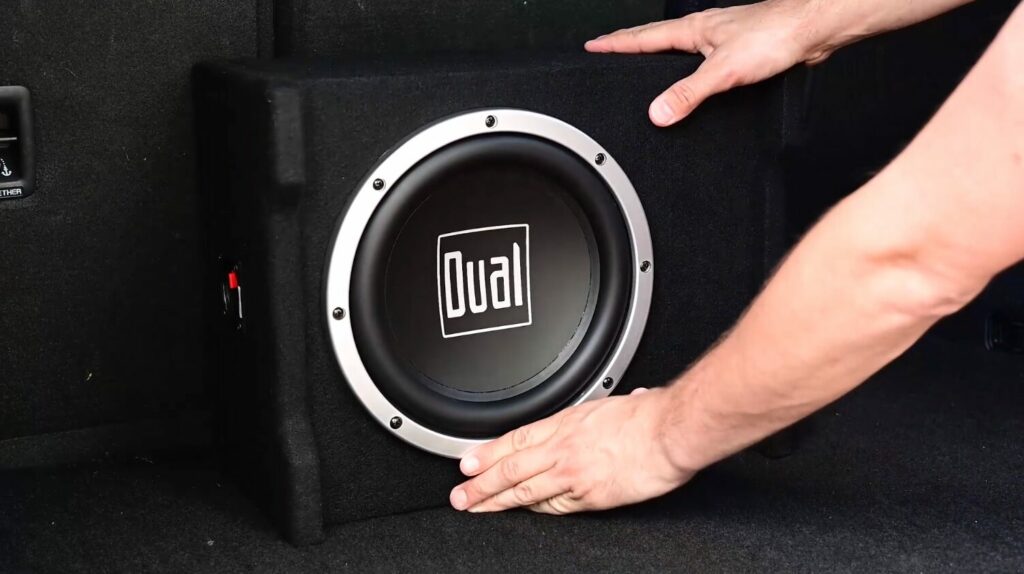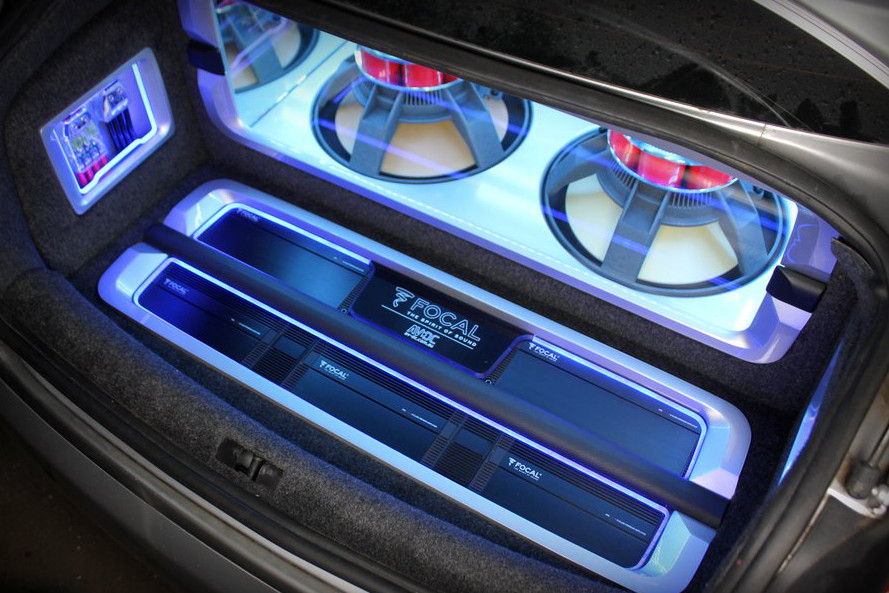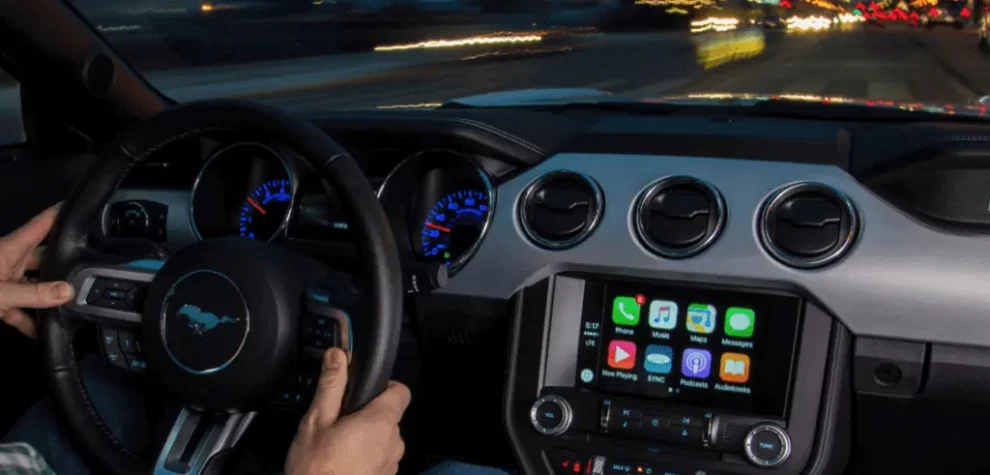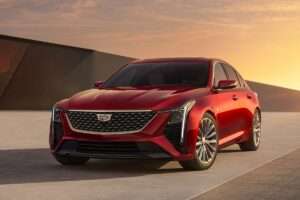Picture yourself sitting in your favorite concert hall, surrounded by crystal-clear sound that seems to envelope you from every direction. Now imagine having that same immersive audio experience in your car. Creating exceptional car audio isn’t about throwing money at random upgrades – it’s about understanding the science of sound and making strategic improvements that work together to create a cohesive listening experience.
The Foundation of Great Car Audio
Sound quality in vehicles involves much more than just installing powerful speakers. Think of your car’s audio system as an orchestra, where each component plays a crucial role in creating the final performance. The acoustics of your car’s interior, the quality of your source material, and how well your components work together all contribute to the overall listening experience.
Starting at the Source: Head Units Matter
Many enthusiasts rush to upgrade speakers without considering their head unit (stereo). Modern head units serve as the conductor of your audio orchestra, processing digital signals and sending them to your speakers. A quality head unit with a good digital-to-analog converter (DAC) can dramatically improve sound clarity even through stock speakers. Look for units that support lossless audio formats and feature time alignment capabilities, which help compensate for varying distances between listeners and speakers.

The Truth About Speakers
While speakers are crucial, their impact depends heavily on proper installation and power delivery. Factory speakers often struggle not because they’re inherently poor quality, but because they’re underpowered and poorly mounted. Installing sound deadening material around speakers can significantly reduce unwanted vibrations and improve clarity. Consider upgrading your front speakers first, as they handle most of the critical listening range and create the soundstage – the perceived spatial arrangement of sound sources.
The Power Behind the Performance: Amplifiers
Think of amplifiers as the muscle behind your sound system. Factory head units typically provide around 15-18 watts RMS per channel – barely enough for basic listening. A quality external amplifier can deliver cleaner power at higher volumes without distortion. However, the key isn’t just raw power – it’s clean power delivery. A properly matched amplifier should provide enough headroom to handle musical peaks without straining, typically around 75-150 watts RMS per channel for most applications.
Subwoofers: More Than Just Bass
Many people misunderstand the role of subwoofers, viewing them solely as bass generators. In reality, a properly integrated subwoofer fills in the lowest octaves of music that other speakers can’t reproduce, creating a full-range listening experience. The key lies in choosing the right size and type for your vehicle and musical preferences. Smaller sealed subwoofers often provide tighter, more accurate bass that blends seamlessly with your other speakers, while larger ported designs can deliver more impact for bass-heavy genres.

The Hidden Hero: Sound Deadening
One of the most overlooked yet impactful upgrades involves reducing road noise and vibrations through sound deadening. Your car’s metal panels can act like drum heads, creating unwanted resonances that muddy the sound. Strategic application of dampening materials to doors, floor panels, and trunk areas can dramatically improve clarity and impact. This improvement affects not just audio quality but also overall driving comfort by reducing road noise and vibrations.
Crossovers and Signal Processing
Understanding crossovers and signal processing can make or break a system’s performance. These components act like traffic directors, ensuring each speaker receives the appropriate frequency range. Active crossovers, typically built into modern head units or signal processors, offer precise control over which frequencies go to each speaker. This precision allows you to optimize each speaker’s performance while reducing distortion and potential damage from frequencies they weren’t designed to handle.
The Importance of Installation
Even the most expensive components will underperform if poorly installed. Proper wiring plays a crucial role – think of it as the circulatory system of your audio setup. Using appropriate gauge power wire, running separate signal cables away from power lines to avoid interference, and ensuring solid grounding connections can significantly impact sound quality. Professional installation might seem expensive, but it often proves worthwhile for complex system upgrades.
Digital Signal Processing (DSP): The Game Changer
Modern DSP units represent perhaps the most significant upgrade potential for any system, new or old. These devices can correct frequency response issues, adjust time alignment, and even compensate for less-than-ideal speaker placement. Think of DSP as having a professional sound engineer permanently tuning your system. While the learning curve can be steep, the ability to fine-tune every aspect of your system’s sound makes DSP one of the most impactful upgrades available.
Format and Source Material Quality
The quality of your source material significantly impacts your listening experience. Even the most expensive system can’t improve poor-quality audio files. Investing in high-resolution audio formats and ensuring your streaming services are set to their highest quality can make a noticeable difference. Consider using lossless formats like FLAC or high-bitrate streaming services to get the most from your system.
Creating a Balanced System
Success in car audio comes from creating a balanced system where all components work harmoniously. Rather than focusing on maximum power or the most expensive components, consider how each upgrade contributes to your overall listening goals. Sometimes, strategic upgrades to key components, combined with proper installation and tuning, can outperform systems costing significantly more.
The Future of Car Audio
As automotive technology evolves, so does car audio. Integration with factory systems becomes more complex, but also offers new opportunities for improvement. Digital signal processing, active noise cancellation, and advanced integration modules continue to push the boundaries of what’s possible in mobile audio. Understanding these technologies helps make informed decisions about current and future upgrades.
Remember that great car audio isn’t about following a specific formula or buying the most expensive components. It’s about understanding the principles of sound reproduction, choosing upgrades that address your specific needs and preferences, and ensuring proper installation and setup. By focusing on these fundamentals, you can create an exceptional listening experience that transforms every drive into an audio adventure.
















Add Comment